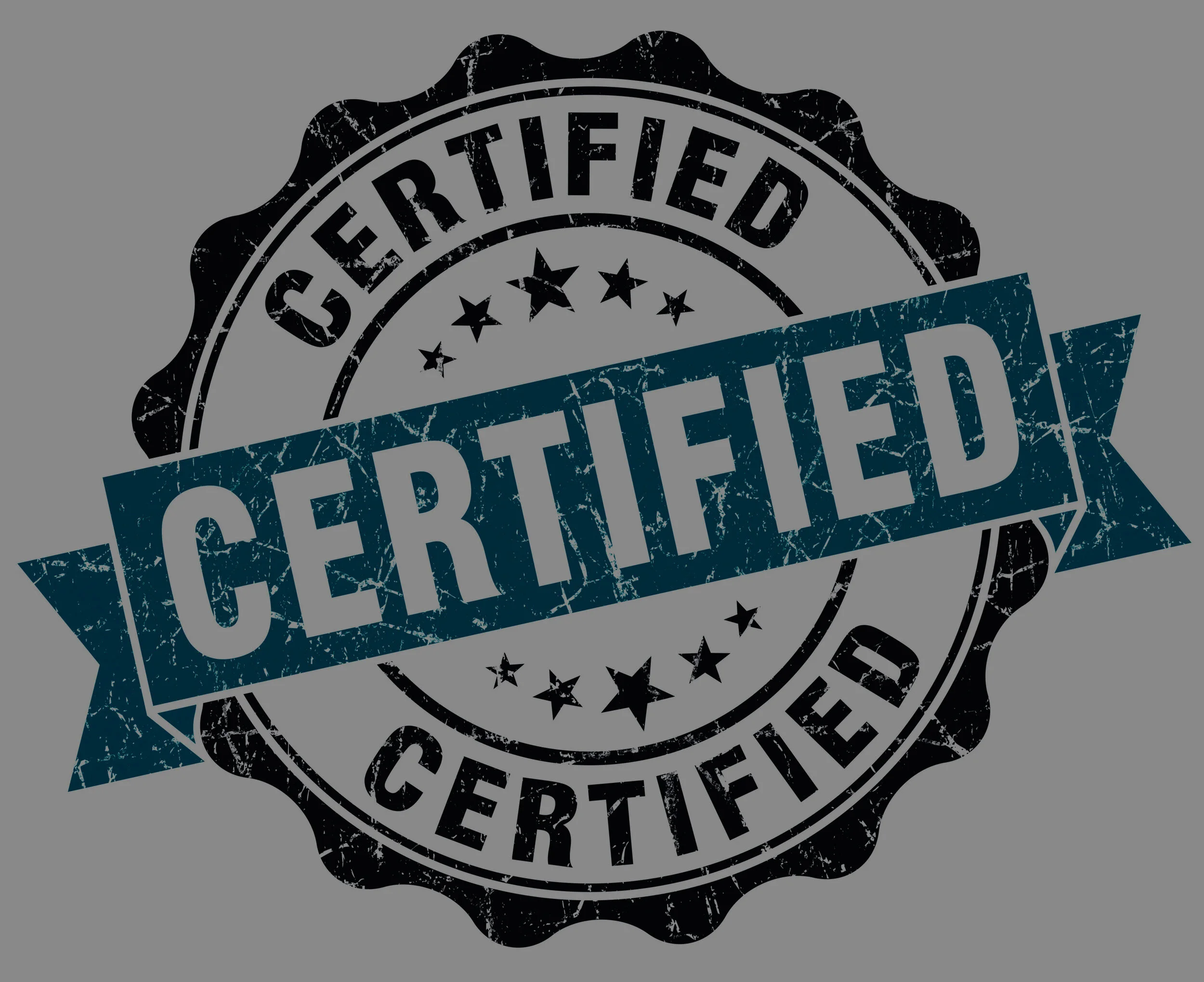Getting a certification or certificate is a big step in your career, but with so many certifications available, answering these questions can reveal the right path towards your career goals.
What are you going to do with it?
Create a list of responsibilities or attributes you want in your perfect job. Write about those things that give you the most job satisfaction. Think about where you are going to be in 5 years from now in your career. Instead of job titles, try to think of specific areas of interest or expertise. Look for things where you have a strong natural inclination. Examples: I love working with large sets of numerical data and budgeting. I enjoy the feeling of organizing and managing budgets to help a company be profitable. I can see patterns in numbers that others don't.
Review potential certifications to see if they fit. Compare your strengths and interests to see if there is alignment. Try not to pick a certification because it's popular - choose a certification that suits you.
Where are you on the road to your career goal? If you are starting a career, choosing a lower-end certification that can lead to a higher level certification might be more appropriate. For example, obtaining an ECBA or CCBA certification first and then in a few years getting a CBAP certification. If you have 5 or more years of experience in Business Analysis, a CBAP certification may be a better choice to reflect your seniority in business analysis.
What will it get you?
Obtaining certification takes effort. The application process can be extensive and exhausting. Studying for the exam requires 80 hours or more. Certification testing is costly. What will that get you in the end?
Consider the long-term financial impacts. Business Analysis certifications bring an additional 10 - 16% in salary when comparing certified versus uncertified workers' salaries.
Consider if certification will open up doors to new positions and align with your career goals. If, for example, you intend to be a Business Analyst consultant for a major consulting company, the CBAP certification is a better choice.
Certifications
There are several Business Analyst certifications to consider. Here's a list of just a few:
Business Analysis Certifications
ECBA - Suited for those with a limited amount of experience in business analysis. This exam is more knowledge-based and focuses on understanding key analysis concepts and terminology at an entry-level with some focus on scenarios. Learn more
CCBA - Typically seen as a stepping stone to CBAP, but an excellent solid certification to achieve for analysts with some experience in analysis and have a goal to remain in the analysis career path. This certificate is ideal for individuals who are not 100% a BA and requires 3 years of experience. It is not a senior-level certification but shows an intermediate understanding of concepts and techniques applied to practical business analysis scenarios. Learn more
CBAP - Requires 5 plus years of demonstrated experience within the core knowledge areas. The application process can be extensive when listing out job duties and projects you completed over 5 years. This certification exam is the most in-depth in terms of concepts, terminology, techniques, and application to scenarios. It requires more profound analysis knowledge and how to apply that knowledge to scenarios. Learn more
Specialized Analysis Certifications
Agile AAC - necessity and demand for agile and analyst communities to collaborate and transform project delivery - Learn more
Business Data Analytics CBDA - recognizes your ability to effectively execute analysis related work in support of business analytics initiatives - Learn more
Cybersecurity Analysis CCA - robust learning and certification program on Cybersecurity Analysis - Learn more
Agile Business Analyst Certificate - provides practical hybrid approaches to using business analysis skills in Agile and Hybrid environments. This certificate is designed to provide core skills, techniques, and terminology for beginners to senior advanced analysts. Excellent for team members to move into a more analyst-based role in Agile. Learn more
Product Owner Certification - provides a practical hybrid approach for a Product Owner to apply skills and techniques to Agile and Hybrid environments. This certificate is designed to provide core skills, techniques, and competencies for beginner to intermediate (none to some experience) with the Product Owner role. Learn more

